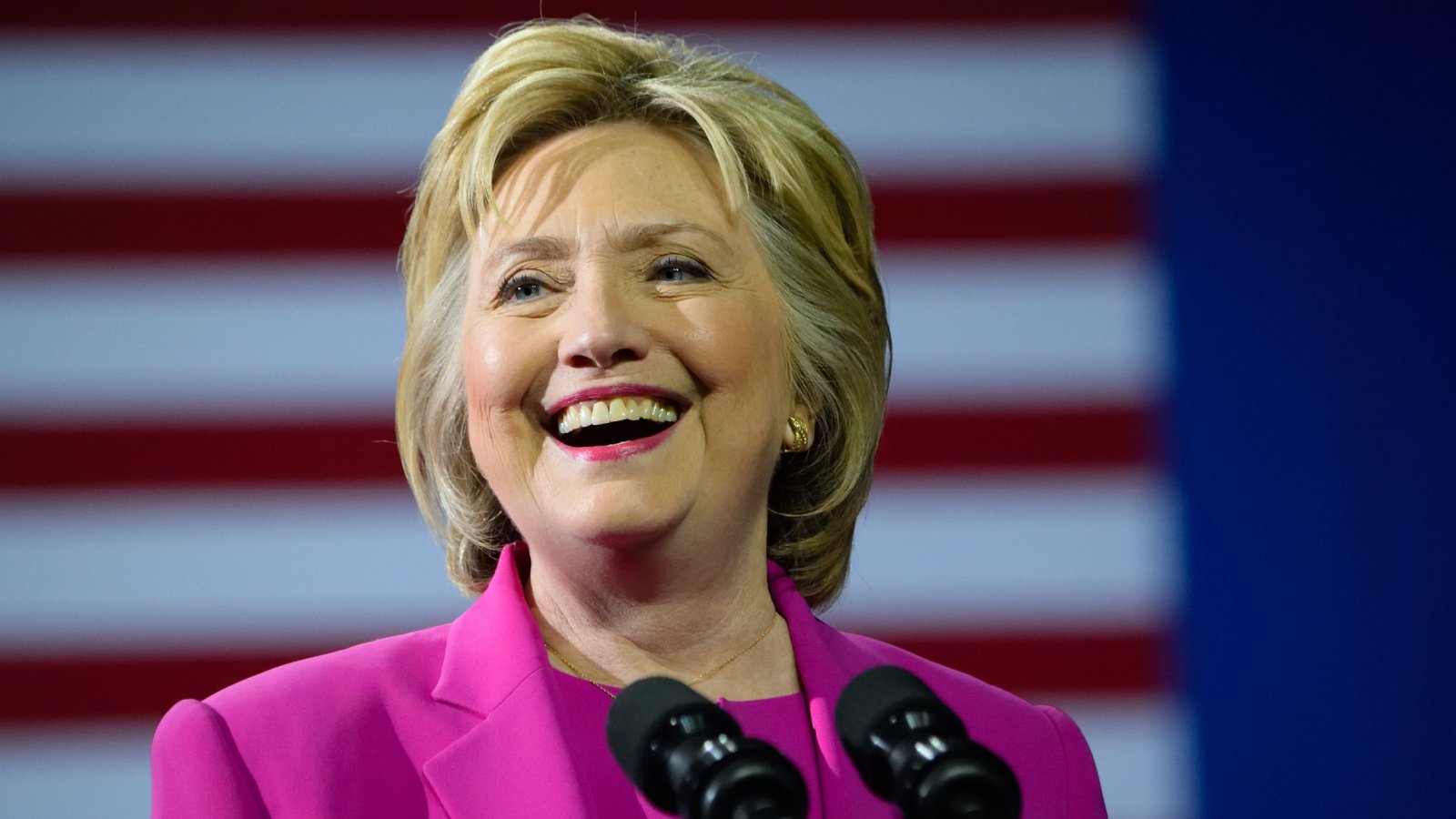Former President Trump’s divisive rhetoric energizes his base but divides the country. Explore the potential realities that loom on the horizon of a second Trump presidency.
Heightened Political Polarization
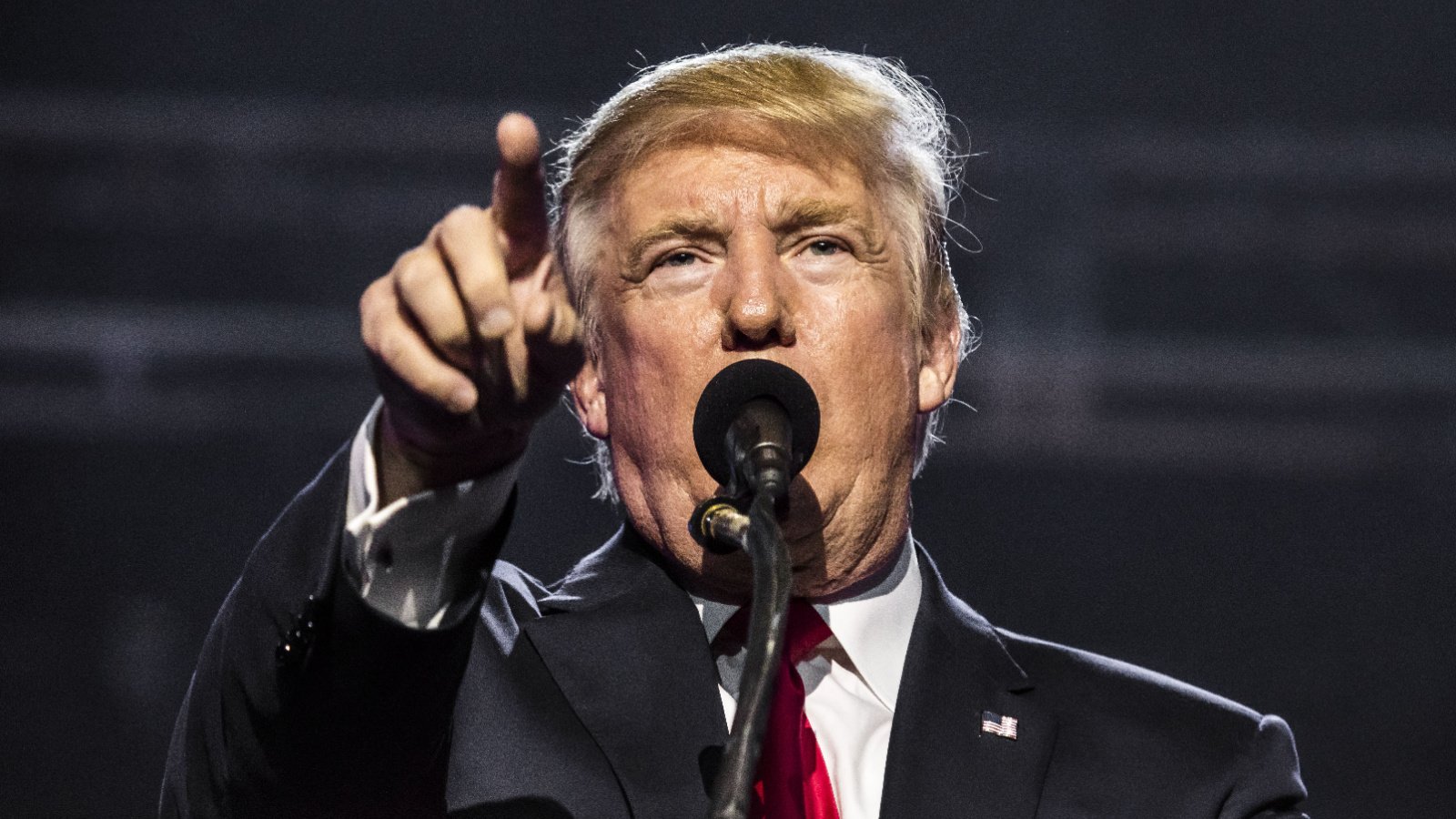
A re-election could exacerbate the already significant political divisions within the country, leading to increased protests and social unrest as groups on both sides of the political spectrum become more entrenched in their views.
Environmental Policy Stagnation

If the administration prioritizes deregulation and fossil fuel industries, it could slow down the transition to renewable energy sources. This inaction may hinder national and global initiatives aimed at combating climate change and protecting natural resources.
Changes in Healthcare Access

If efforts to dismantle existing healthcare structures succeed, there could be a rise in uninsured individuals. This shift might increase healthcare costs and decrease the overall health of the population.
Economic Policy Shifts

Economic strategies focusing on deregulation and tax cuts for the wealthy could deepen economic inequality. Critics worry about long-term impacts on the middle and lower classes. Such economic policies may lead to a wider gap between the rich and the poor.
Foreign Policy Tensions

International relations could become more strained, affecting global alliances and trade agreements. A confrontational approach to diplomacy may lead to increased tensions with both allies and adversaries and result in trade wars, impacting the global economy and possibly leading to conflicts.
Judicial Appointments

The potential for further conservative appointments to the judiciary could shape American law for generations. Issues like reproductive rights, voting rights, and gun control might see significant shifts. Such appointments could solidify a conservative agenda in the judicial system.
Immigration Policy Enforcement

Stricter immigration policies could lead to increased deportations and family separations. Efforts to build physical barriers and limit legal immigration may continue, affecting asylum seekers and undocumented immigrants.
Social Safety Net Reductions

Cuts to Social Security and Medicaid could impact vulnerable populations. If the administration prioritizes reducing government spending on these programs, millions could lose access to essential services. This would increase poverty and strain community resources.
Increased Surveillance and Privacy Concerns

National security measures might lead to heightened surveillance, impacting individual privacy. In the name of safety, policies could expand government authority to monitor communications and personal data.
Media Relations and Free Press Challenges

Efforts to discredit and undermine journalistic integrity might threaten the free press. This could lead to a more polarized media landscape, making it harder for the public to access unbiased information.
Education Policy Shifts

Changes in education policy could promote privatization and reduce public education funding. This might widen educational disparities, impacting low-income and minority students the most. A focus on school choice and voucher programs could divert resources from public schools.
Labor Rights and Protections

Labor rights could face challenges, with potential rollbacks on worker protections and union rights. Policies favoring deregulation and corporate interests might undermine labor standards. This could affect wages, job security, and workplace safety for millions of workers.
National Debt Concerns

Fiscal policies focusing on tax cuts and increased military spending could further elevate the national debt. Without corresponding spending cuts or revenue increases, such policies could lead to long-term economic challenges, affecting future generations.
Climate Agreement Withdrawals
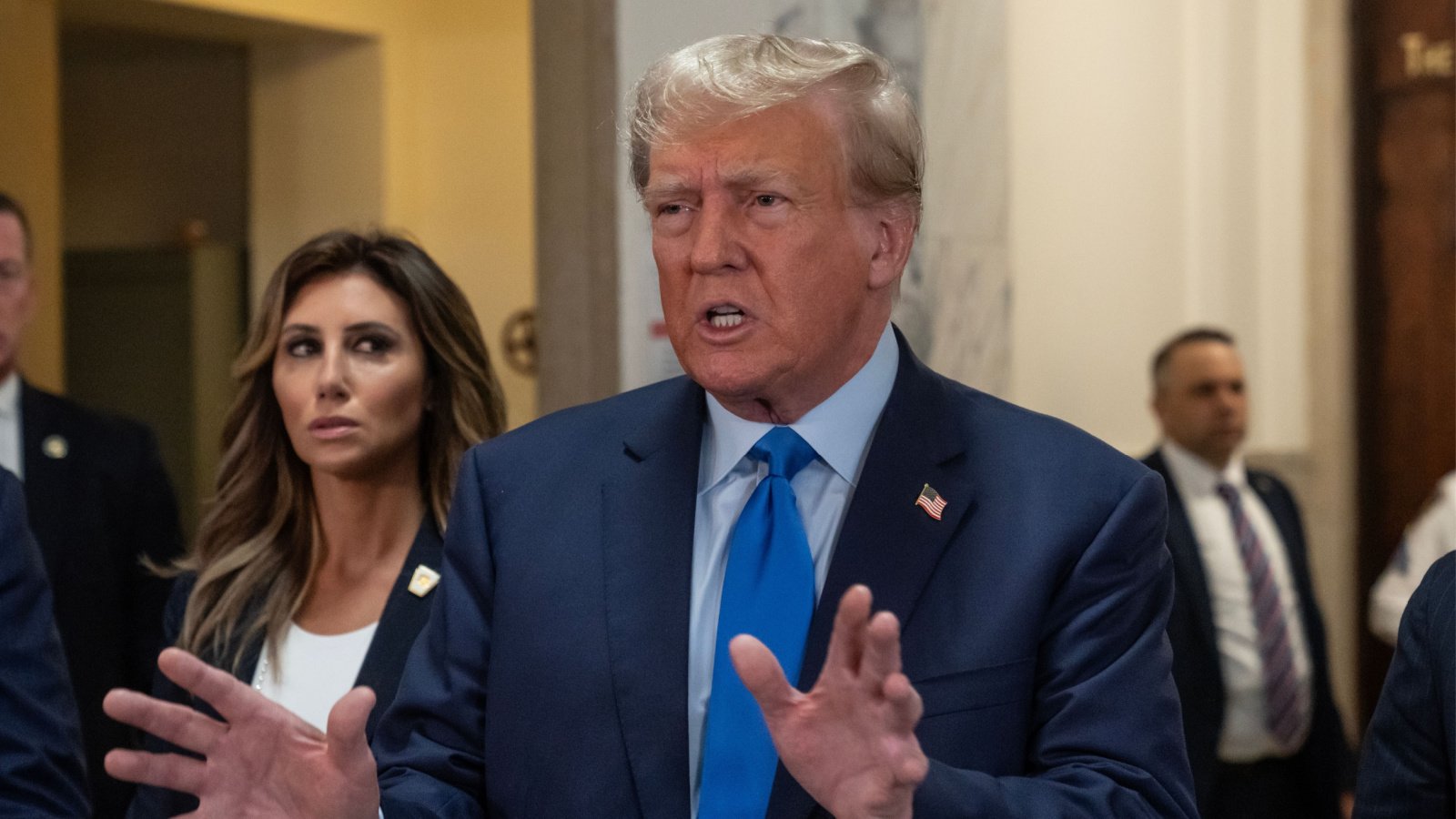
Rejoining international climate agreements would be unlikely, isolating the country from global initiatives aimed at reducing carbon emissions and promoting sustainability. The lack of participation in these efforts could hinder global progress on climate change.
Technology and Innovation Stagnation

Policies that restrict immigration and international collaboration could hinder technological innovation. The tech industry, reliant on global talent and cooperation, might face setbacks. This could affect the country’s position as a leader in technology and innovation.
Healthcare System Overhaul

A significant overhaul of the healthcare system could create uncertainty in the healthcare market, affecting coverage for pre-existing conditions and Medicaid expansion. The impacts on public health and the healthcare industry could be profound.
Social Justice and Equality Setbacks
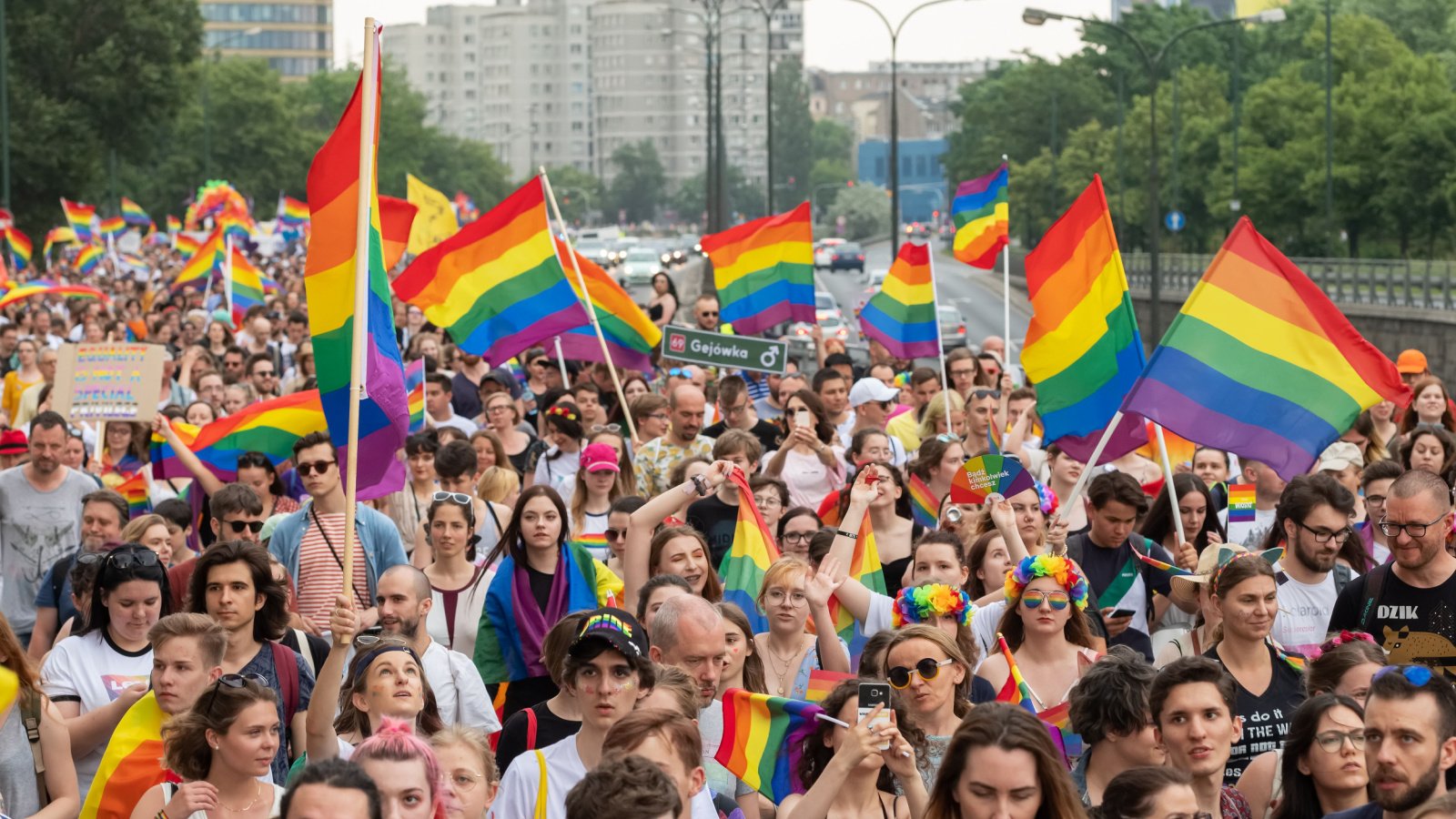
Initiatives aimed at addressing systemic racism, gender equality, and LGBTQ+ rights could be deprioritized or rolled back. This could result in a slowdown of reforms designed to promote fairness and equity in society, affecting marginalized communities the most.
Reduced Global Influence

The country’s influence on the global stage could diminish if isolationist policies prevail. A withdrawal from international agreements and organizations may lead to a vacuum in global leadership, affecting international peace and cooperation.
Erosion of Democratic Norms
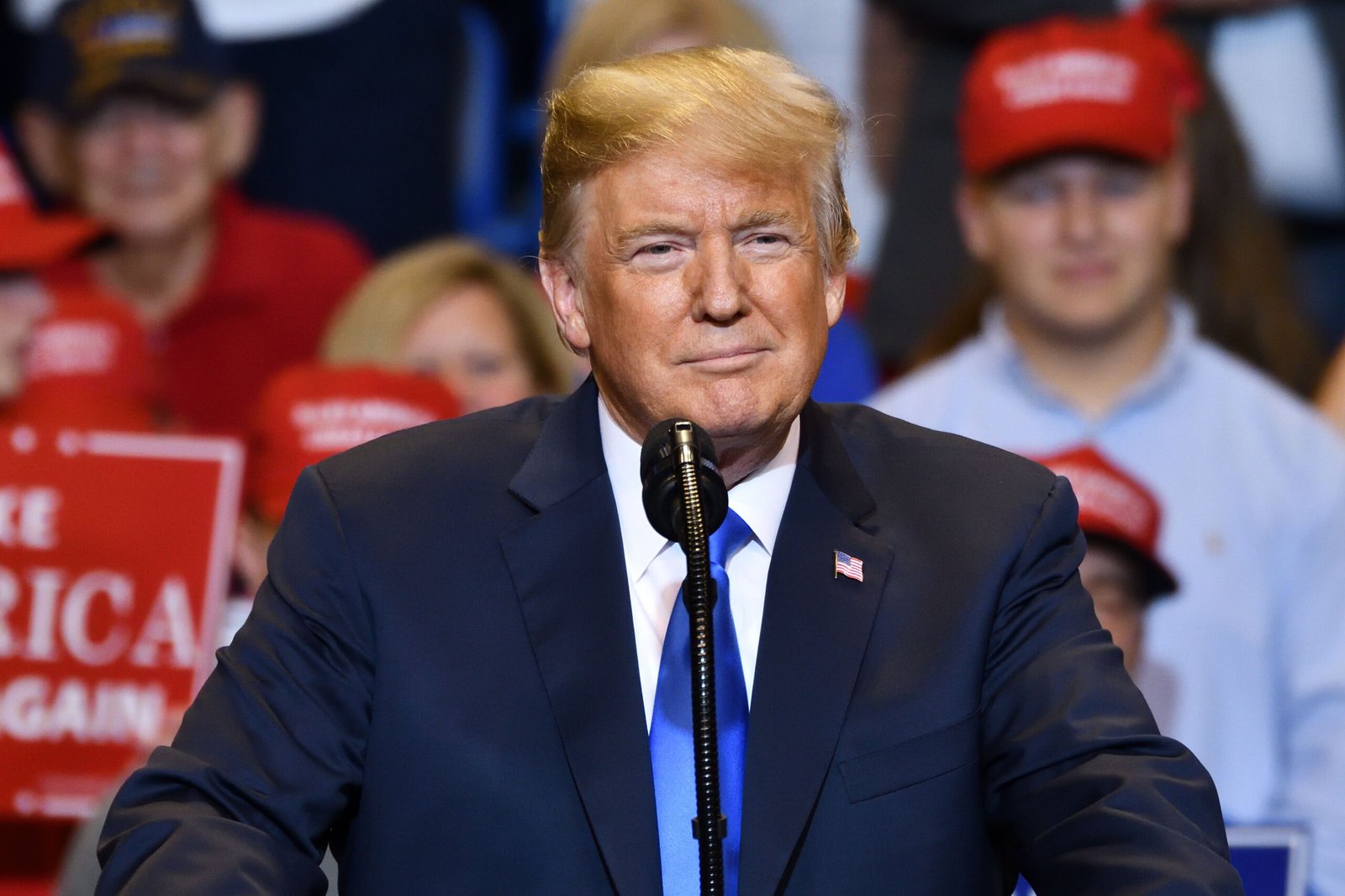
Efforts to challenge the legitimacy of elections, undermine checks and balances, and concentrate power could strain the country’s democratic framework. This could lead to a weakened faith in the electoral process and government institutions among the public.
Public Health Preparedness

Public health infrastructure and preparedness for future pandemics or health crises could be compromised. If health agencies and scientific research are not adequately supported or funded, the country may be ill-equipped to handle future health emergencies.
Impact on Minority Rights

Immigration enforcement, affirmative action, and police reform could see significant shifts. Actions that are perceived as undermining the rights and protections of these groups may foster further societal division and unrest.




